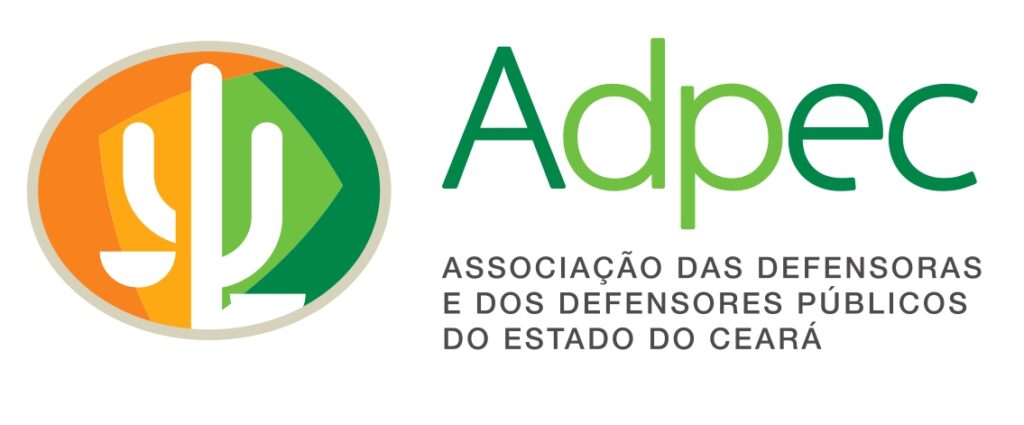PARTE I: Experiências de integração e participação social no acesso à justiça
-
1. O Poder Judiciário de Mendoza, Argentina, e sua política de acesso à justiça: o Centro Móvel de Informação Judicial
-
2. Acesso à justiça na República Bolivariana da Venezuela para surdos e/ou deficientes auditivos através da Defensoria Pública
-
3. Atuação da Defensoria Pública no atendimento de necessidades jurídicas imediatas: um caso exemplar
-
4. Consulta jurídica secundária: expandindo o alcance das clínicas de direitos comunitárias do Ontário por meio de parcerias comunitárias
PARTE II: Reflexões sobre o uso da lei e a negação do acesso à justiça
-
5. Análise da extinção de estruturas de justiça no Nordeste brasileiro a partir do direito ao desenvolvimento
-
6. O motivo da perseguição como ferramenta restritiva para a proteção de refugiados no Canadá: o exemplo das mulheres haitianas ameaçadas pela violência de gênero
-
7. A realidade das mulheres para além dos modelos “tamanho único”: pedidos de refúgio por motivo de violência doméstica na Guiana
PARTE III: Desenho institucional da Defensoria Pública: limites e capacidades para enfrentar novas demandas
-
9. Em busca do potencial institucional emancipatório da Defensoria Pública: reflexões e proposições sobre o desafio de construção de marcadores institucionais para incremento da tridimensionalidade do acesso à justiça
-
10. Mapeamento dos serviços e das formas de participação social na gestão das Defensorias Públicas brasileiras
PARTE IV: O reconhecimento de novos direitos e sujeitos
-
11. Direitos Econômicos, Sociais, Culturais e Ambientais no acordo de paz com as Farc-ep e sua implementação na Colômbia
-
12. Os desafios do acesso à justiça e as estratégias dos povos indígenas diante de megaprojetos no México: entre o pluralismo jurídico e o positivismo de combate
-
13. Da legitimidade dos pais para requerer a alteração do nome civil para o social de filho transgênero em atestado de óbito










